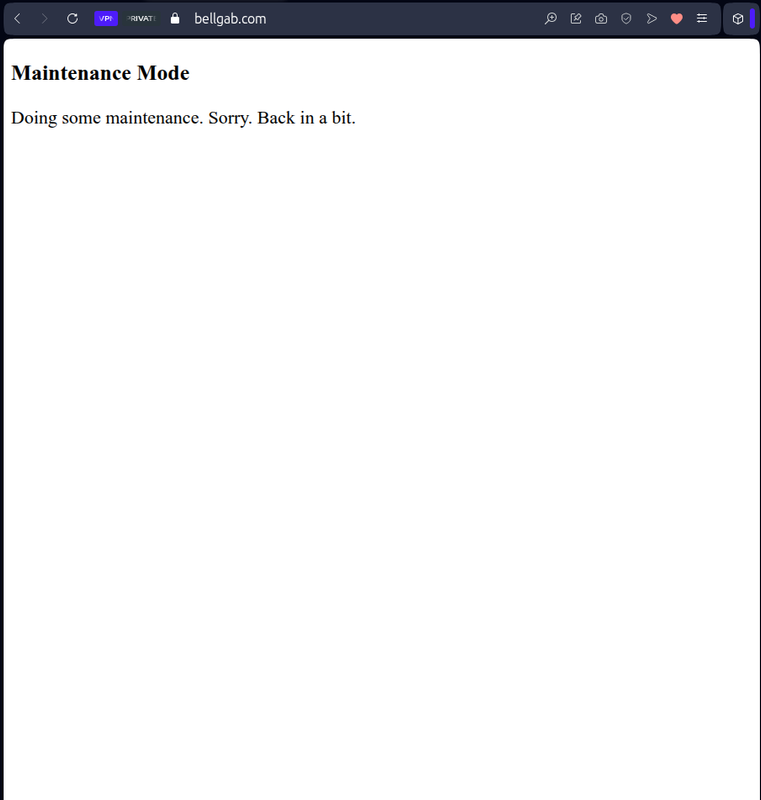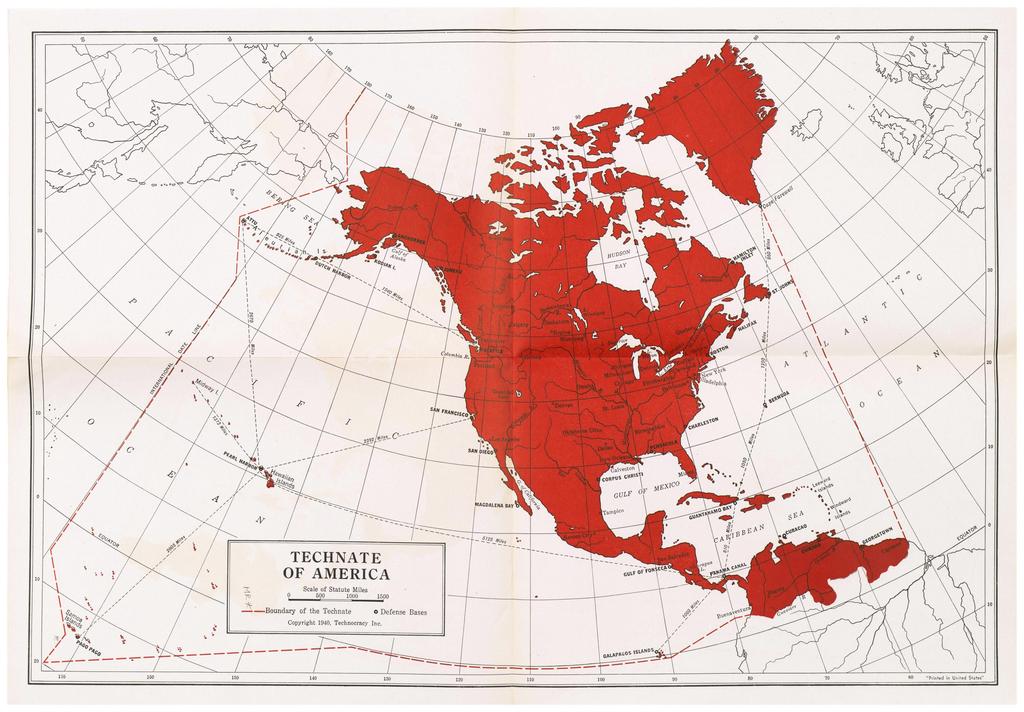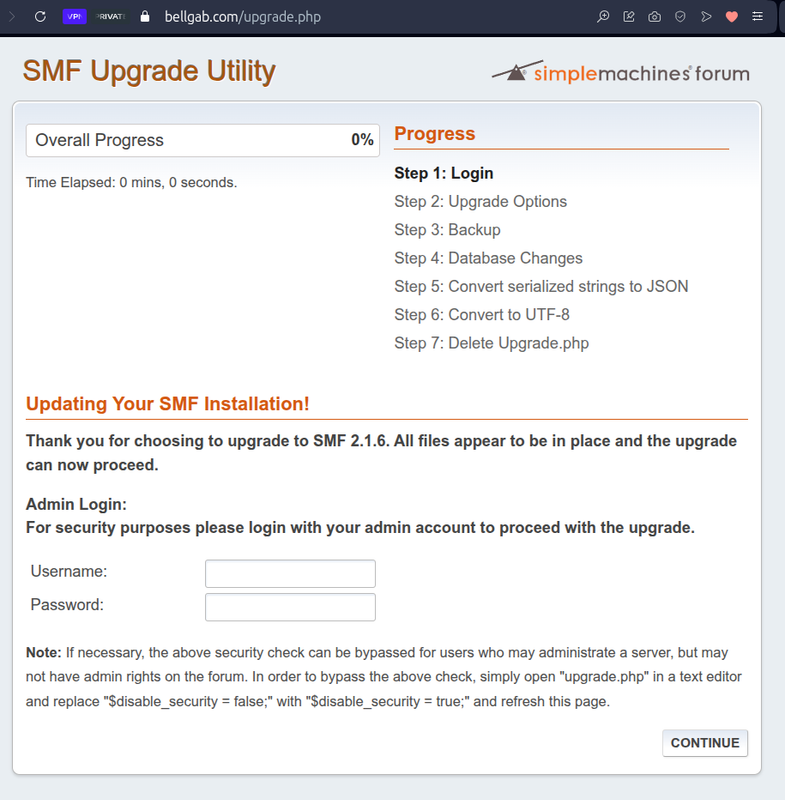1
Politics / Re: Oh Canada
« on: February 14, 2026, 10:46:03 AM »
From my experience, limited as it may be, cranky Albertans are a breed apart as far as Canadian temperament goes. Western Canada sentiment has always been a consequence of the population imbalance. It has been said Carney is governing like a "small C Conservative", understandably given minority status. My oracle suggests a snap spring election is unlikely. The main concern is trade and the economy. But if King Donald has his way with Gordie Howe, all bets are off.






